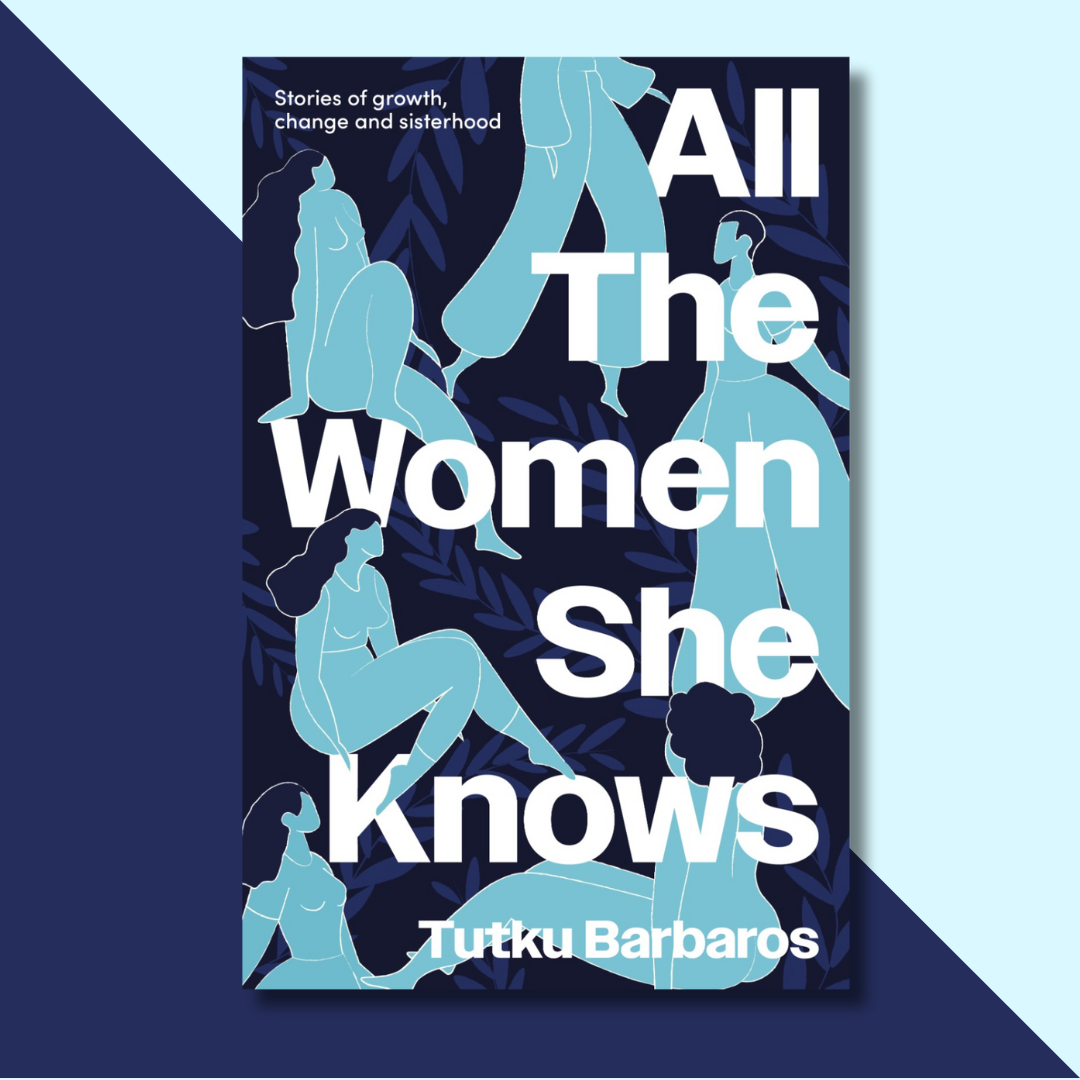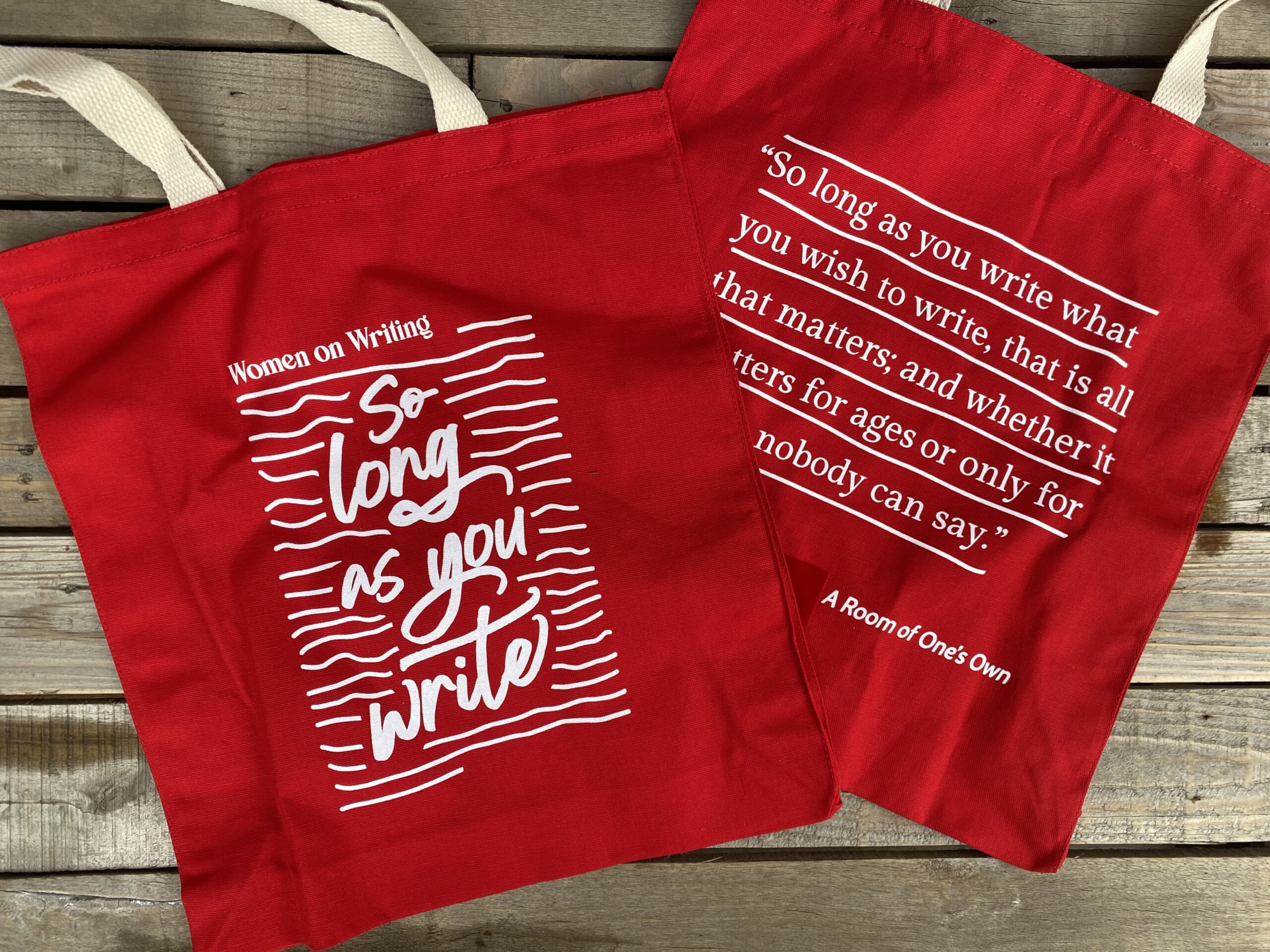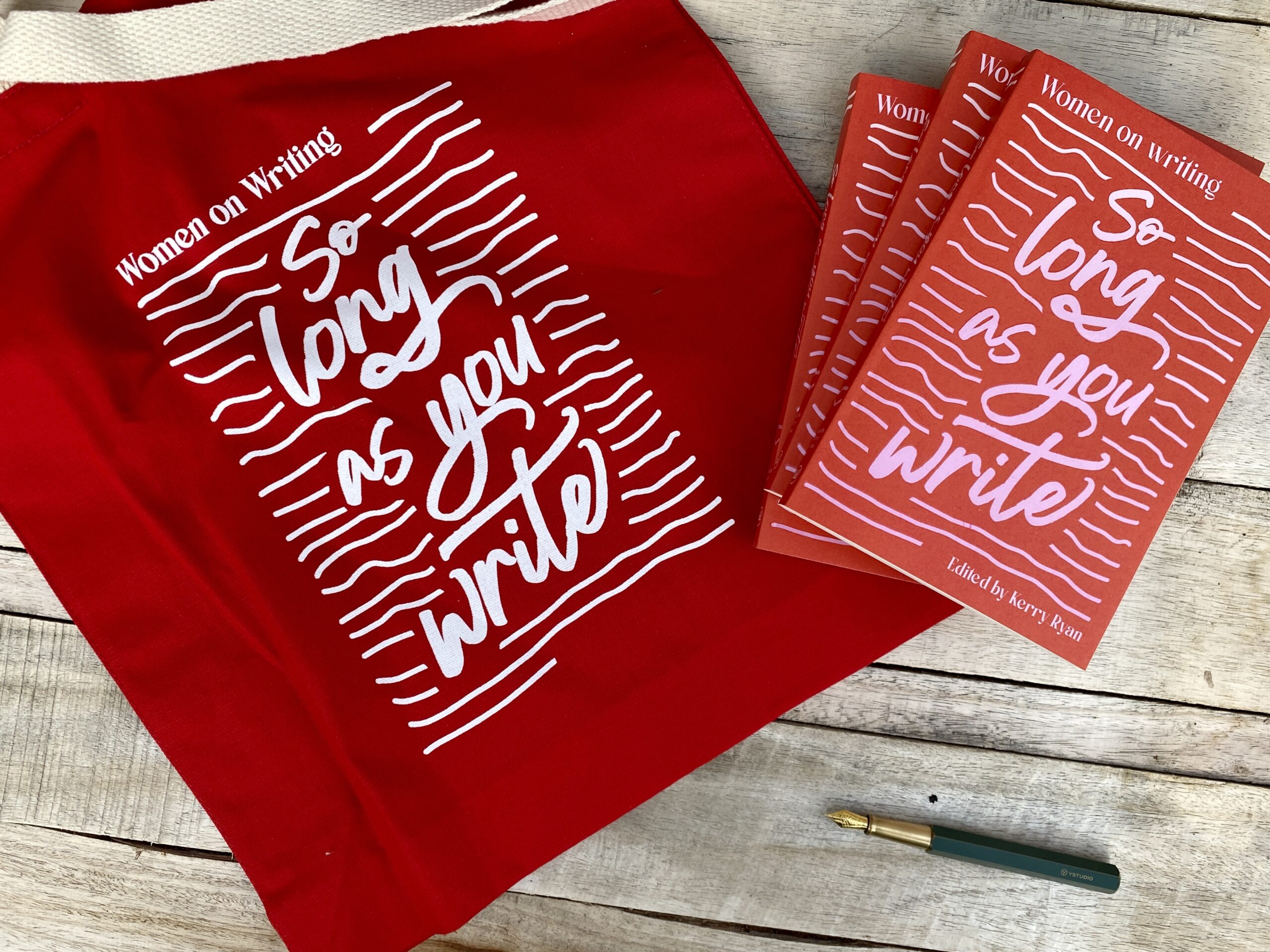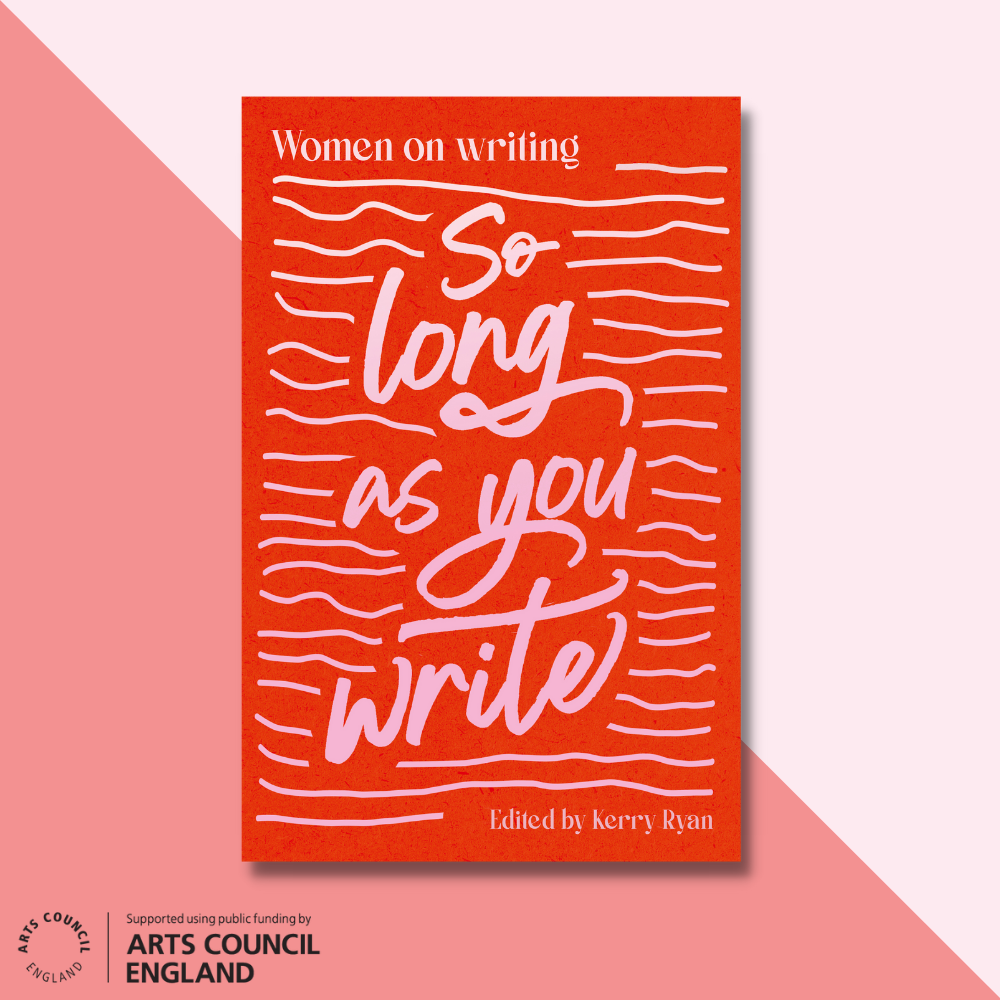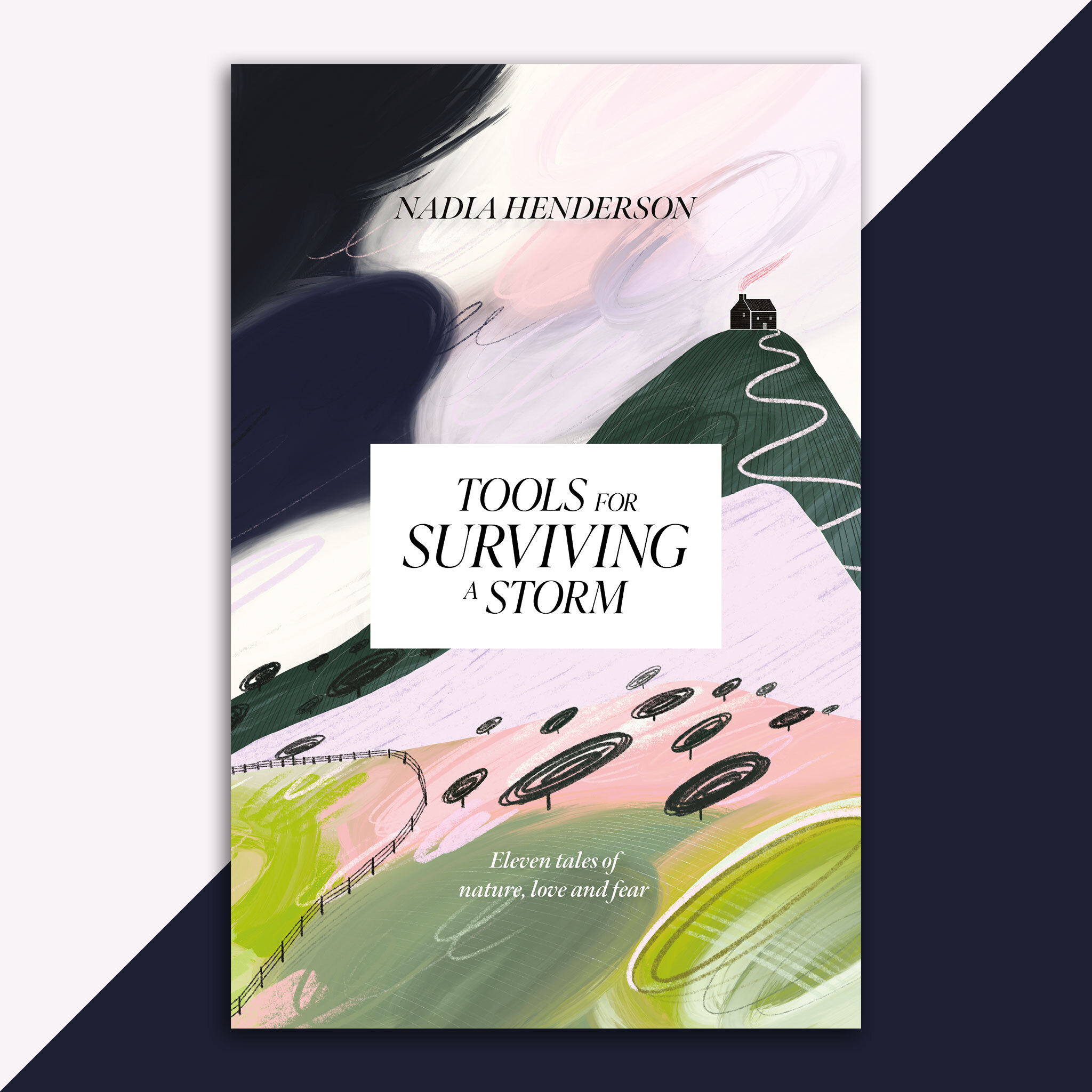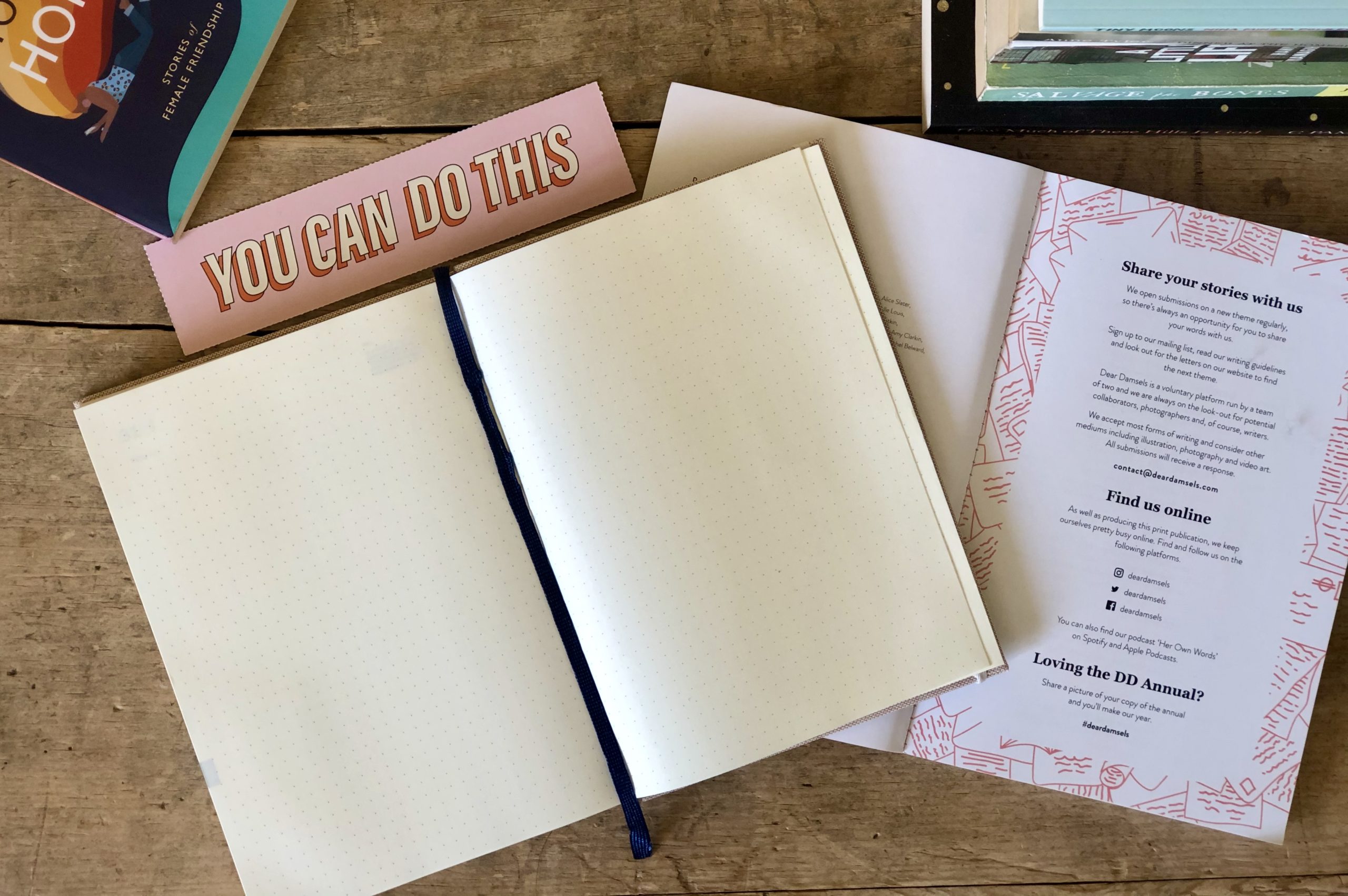Damsel in Distress: I don’t know how to create a story
‘There are no original stories and only a finite number of plots.’ In her final column, our creative writing agony aunt and Write Like a Grrrl founder Kerry Ryan gives advice for when you can’t seem to find a storyline.
Dear Kerry,
I don’t know how to get and develop ideas for a complex storyline. I love writing and have been putting words on paper for months (which I’m proud of), but there’s no story. It’s like I convey emotions, describe nature and write around the present, and some ideas come up, but it’s so slow paced and descriptive and the story just doesn’t come up.
I don’t think I’m a natural storyteller. If I look at my writing (and try not to judge it / ignore the inner critic), I think the bits I’m good at are building a connection with the reader, capturing & conveying moods, and describing things – experiences, emotions, scenes, nature. The bit I don’t yet know how to do is where to get the story from. It just doesn’t come. What do you do if there are just nice words and empathy in your head, but no spark for a complex plot or even a rough storyline??
So far I’ve mainly written brief pieces: poems that allow me to work through the present ups and downs of life and society and short stories that capture a snippet of life. For both I get plenty of inspiration, from books and life but I’d really like to write something longer, and am keen to learn how to.
I’ve tried quite a few things so far to get an idea for a storyline including free writing, brainstorming potential story developments that all feel random and like the options don’t fit, and I’ve also tried to develop characters yet somehow it doesn’t quite come together. I can’t yet get the character to clearly show herself, and when I try and rush to randomly determine things about her, the writing dries up because it doesn’t fit.
I really, really want to write something longer and more complex. I like the idea of having a novel to write towards, and think I’d like the different parts of doing this – getting stuck in the writing, character development, research and editing. I just don’t know what story to tell, and how to get ideas for a story line that feels natural.
Thanks,
Plotless
Dear Plotless,
Look at you connecting with readers, conveying mood and creating vivid descriptions. Such amazing work. But hold on, you’re not a natural storyteller so how can you write a novel? It’s your use of ‘natural’ that bothers me. I scent the inner critic. You might well insist it’s not the inner critic; your lack of natural storytelling ability is a cold, hard fact. Yet as I’ve written before the inner critic can be incredibly sneaky. For now, let’s suppose you aren’t a ‘natural’. So what? I get a lot of love for aspects of my writing that did not come naturally. It was sheer hard work. Countless times, my inner perfectionist used my deficiency in X or Y as a stick to beat me with. Surely if I don’t have innate talent in X then I can’t be a writer? John Irving was a professional wrestler before he was a novelist and he has said that writing is like training for any sport: we must practice where we’re weakest. So that’s what I did. I ignored the inner critic and practiced where I was weakest. But I didn’t just practice, I did what all writers do: I imitated.
So you suck at creating a story/plot? Then steal. Imitate. Use real life stories or pinch plots from your bookshelves. There are no original stories and only a finite number of plots but what will always be original are the characters you create, your dialogue, description etc as well as your own unique view of the world. Take a Greek myth and update it. Blend two myths together. Take a fable and mix it with a fairy tale. Borrow and blend—it was good enough for Shakespeare— and as you do, listen very carefully to what your inner critic says. Because it will always find some stick to beat you with even if it’s dressed as cold, hard fact. And remember that all novelists are influenced by others. Read We by Yevgeny Zamyatin and witness how much it helped shape Orwell’s 1984. Read The Diary of a Nobody then read The Secret Diary of Adrian Mole and note the similarities. What would Zadie Smith’s novels be without E.M. Forster’s influence or, for Swing Time, Elena Ferrante? As Margaret Atwood said: ‘Writers are like magpies: we steal the shiny bits.’ So steal. What’s stopping you?
“We can plot and plan but our unconscious may well have other ideas. It’s important to trust ourselves and become intimate with uncertainty which is, of course, excellent training for life in general.”
When it comes to planning, remember that plots always seem trite and melodramatic when we’re outlining. Everything that makes our novels live and breathe has been stripped away and we’re left with man meets woman and bomb goes off. We have to get over the inner cringe and trust that our creation will eventually become as interesting and unique as we are. This takes courage, compassion and tenacity. Also, it takes time for characters to ‘show’ themselves. After tens of thousands of words and several novel drafts, they can still surprise you. Your characters change, your plot, your setting, and a whole host of other things you’ve planned down to the last paragraph. We can plot and plan but our unconscious may well have other ideas. It’s important to trust ourselves and become intimate with uncertainty which is, of course, excellent training for life in general.
It could be that you’ll write quieter slice-of-life books. Just make sure a misguided desire for originality or the inner cringe doesn’t stop you from creating big plots with bombs and bangs. Yet Marilynne Robinson and Virginia Woolf and countless others have produced brilliant fiction without worrying too much about complex plot. But something always has to happen to someone somewhere even if it’s going to the lighthouse or not going to the lighthouse. So make things happen. Story is about conflict. Create some conflict and put your characters under pressure. Plot is about incidents and obstacles, cause and effect. Create external pressures and your characters’ inner conflicts, past experiences and deep desires will determine how they react. How they act then determines what comes next. Most importantly, don’t second guess your decisions. If you keep second guessing, if you keep thinking your story/plot doesn’t feel ‘natural’ or you can’t see clearly enough, then what’s stopping you is, yes, that old familiar: fear.
The late actor Michael K. Williams gave Riz Ahmed excellent advice when he was over-analysing a scene: stop thinking about it and start dreaming about it. So you should practice plotting and become an expert on story development, yes, but analytical thinking, plotting and planning will only take us so far. We can’t rationalise a novel into being in a tidy, linear manner. Writing is a lot messier than that and involves much more trust in the subconscious. So stop thinking and start dreaming.
Happy dreaming!
Kerry x
This is our last Damsels In Distress column. We want to thank Kerry for her incredible insight and thoughtful responses to your writing queries!
Kerry will be working with us to edit our next paperback, a collection of fiction, non-fiction and poetry. Sign up to our mailing list to make sure you keep up to date with everything to do with this project.
Dear Damsels is your collective.
We wanted to create a space on our website where you can find out what your collective is doing for you. Whether it’s upcoming events, publications, or podcast episodes, this blog is where we communicate directly with you about what is going on in the world of DD.

